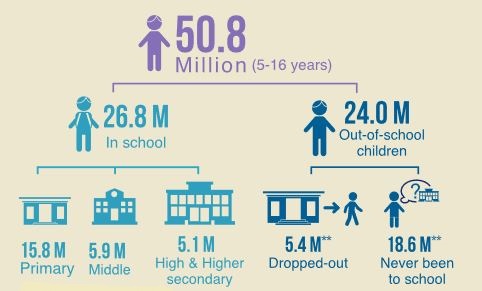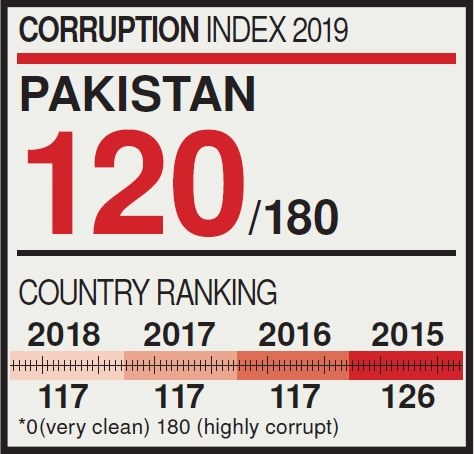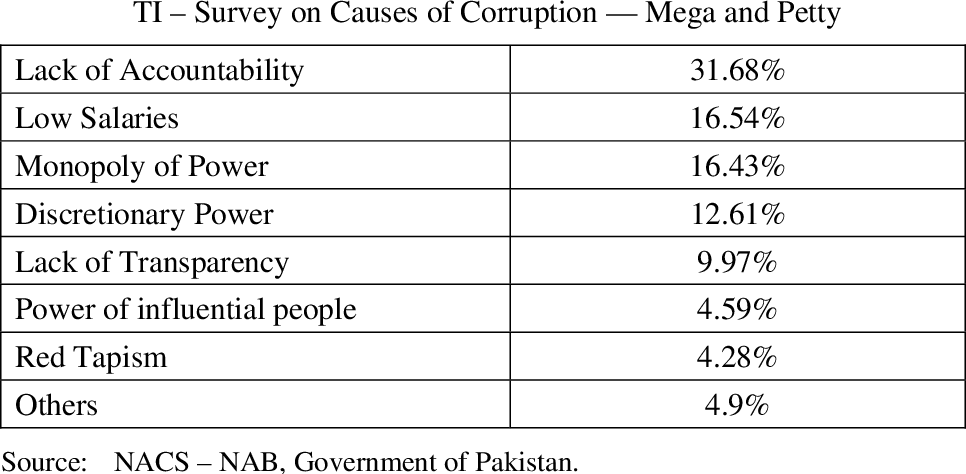There are many factors that have endangered fault lines that have endangered socio economic development of Pakistan.
Education:
Education is a basic component of social cohesion and national identity. But the country’s system of education has produced classes within the society. The majority of children do not have access to quality education. Or in other words, Urdu medium is for the son of the poor, and English medium is for the son of the rich. This basic discrimination in society has led the system and society to destruction.
This system provides an opportunity for a few children. The sense of deprivation as such gets embedded in the minds of the children of the poor, from the beginning. The sense of deprivation of these children led them to a sense of deprivation. Thus, this unfair system of education breeds disintegration in society by producing distinct classes.

Poor Management of Resources:
Pakistan is blessed with many resources but our leadership remained failed to exploit these resources which will boost national economy. Proper and timely utilization of resources might bring about an economic revolution in the country.
It will take the sincerity, integrity, and collective resolve of the entire country to address and repair the fault lines that our nation is currently dealing with. We must put aside our local interests and strive tirelessly and devotedly for national cohesion and unity since our country is beset by both internal and external enemies. Without a question, our country needs unity more than anything else right now given the situation.

Colonial Legacy:
Due to their self-serving motives, colonial rulers never paid attention to social integration. They interpreted it more as being harmful to their interests. They divided people into two separate groups, the rulers and the subjects, as a result of creating cleavages to pursue their interests. Because of the circumstances they established, the ruling class continued to benefit at the expense of their countrymen without feeling any remorse.
When the Indian Subcontinent was divided, Pakistan acquired this particular elite, and they dominated the nation in the manner and style that their British masters had instilled in them. This has left deep imprints on our social edifice, and has divided the society into two distinct groups, i.e. haves and have-nots. This syndrome seems to be not having an end and as such continues to further disintegrate our society.

Feudalism:
Feudalism is one of the main issues that our nation is currently dealing with. The problem of land reform persists despite three attempts. They remained loyal to the British Raj, which led to the creation of the feudal class. This class opposes political enlightenment among its members because they support dictatorship. Due to its substantial land holdings and wealth, this class is politically very active, fully aware of its interests, and directly or indirectly controls the political parties. Their only goal is to maintain their long-standing tyrannical control on their surfs, so they have a bigger stake in maintaining the status quo.
They, therefore, force their surfs to vote in their favor during elections. Consequently, the power continues to remain within the feudalistic order rather than broad base of popular support. Thus, the root of democratic dispensation at its very genesis, in this way, is corrupted to the core.

Corruption:
Currently, the biggest problem that our country is mired in is corruption. It has shaken the very foundations of our country. Ruling elite has abused the public offices to multiply their affluence. Billions have been siphoned off by these public office-holders to their foreign bank accounts. Resultantly, our country is going through a severe socioeconomic ordeal.
The ongoing clampdown on corrupt elements to hold them accountable for their misdeeds is, for sure, a good step forward, and definitely deserves our heart-felt kudos. This would, definitely, improve the image of the country nationally and internationally, and would also boost up the confidence of foreign investors in Pakistan.

Poor Leadership:
The leadership that runs our nation has come from a very affluent section of society. Because they belong to a different social class, they cannot feel the suffering of the average person. A sense of disillusionment and dejection is quickly spreading among the populace as a result of globalization and mass media exposure, which is fueling further polarization and eroding the very foundation of the bond between leaders and followers. This extreme fault line is causing problems for the country’s integration and cohesion.
Military Interference:
Pakistan has a decades-long history of army interference in civilian governments. Only 11 years after its independence, in 1958, Pakistan saw its very first military coup. Following this, there were two more coups, in 1977 and 1999. On other occasions, the Pakistani military explicitly ceased the government or enforced martial law.
Although Pakistan was established as a democratic country, in the 73 years since Pakistan emerged on the world map, almost half of this time has been under the rule of military administrations. Undoubtedly, the army has played an effective role in the political history of Pakistan.
Despite long years of military rule, the Pakistani public has embraced army rule more enthusiastically than civilian governments. People love the army-run governments because according to them, Pakistan has developed more under martial law. Nonetheless, army rule is not acceptable for a democratic country as it increases the possibility of a dictatorship or totalitarianism.
Lack of accountability:
The word ‘accountability’ has been one of the most popular political slogans in Pakistan. Though only a political slogan, the phrases like, ‘accountability for all’, ‘across-the-board accountability’ and ‘Pakistan has no future until the menace of corruption is seriously tackled’, are essentially a significant part of the narrative on accountability. Pakistan is ranked 120th out of 180 countries according to the Corruption Perception Index-2019 (Transparency International Ranking). It is virtually locked in a vicious cycle of relatively high and widespread corruption. The word ‘accountability’ is a buzzword in routine discourses of all segments of society. Rooting out corruption from the society is, indeed, a daunting task. In the broader sense, it entails educating and training every citizen and institution to develop consciousness of being accountable for the outcome of an assigned role. Pakistan has not yet been able to develop and implement a holistic accountability regime despite establishing various anti-corruption institutions. There is a dire need to revisit current accountability laws to curb the menace of corruption effectively.

3 Comments
Abdullah Azeem · October 20, 2022 at 12:27 pm
Great
Salif · October 20, 2022 at 12:42 pm
Thats so impressive, keep it up bro
Fawad Ahmed · October 20, 2022 at 4:41 pm
Great Work keep it up 👍